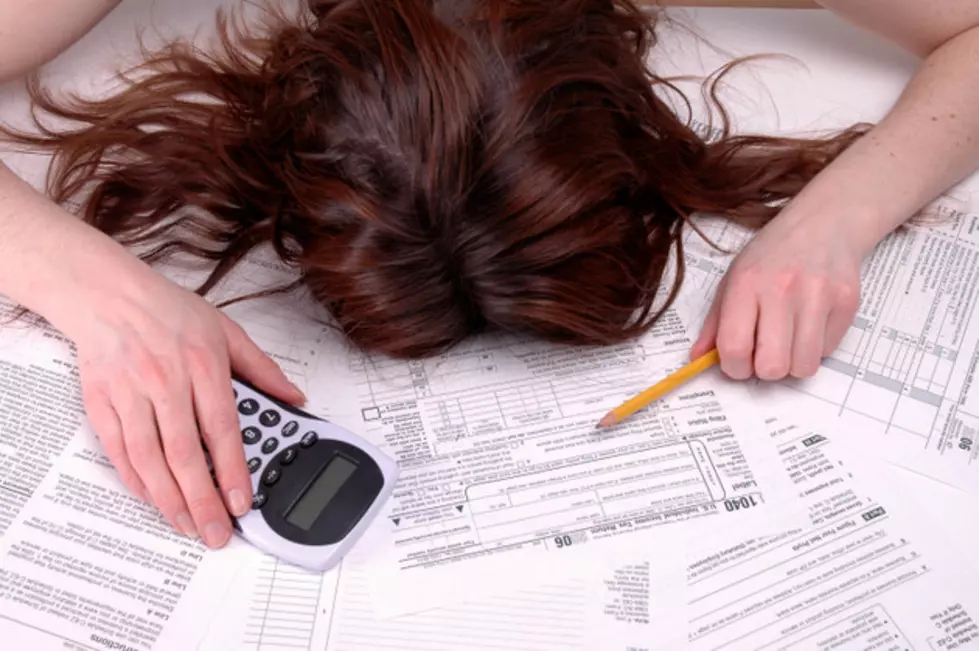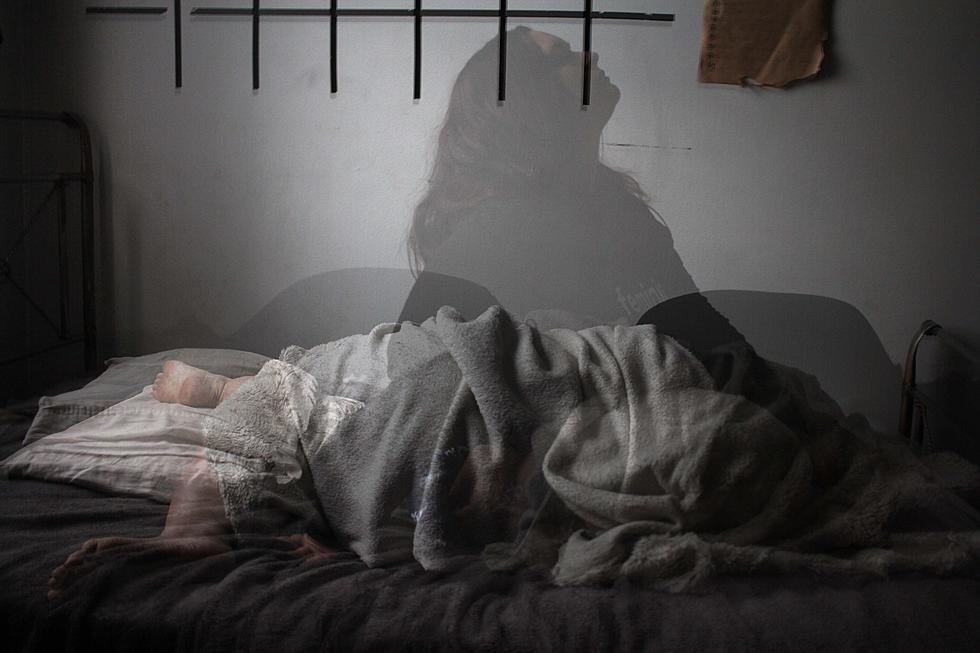
Why Can Naps Make Us Feel More Tired?
Sometimes you wake up feeling like you could conquer the world, but other times you feel worse than you did when you went to sleep.
They say naps are only for kids and college students (and as a college student, I love a good nap), but they can be really beneficial if you only sleep for a certain amount of time. If you're waking up from your siestas feeling disoriented and groggy, you're experiencing "sleep intertia," which sounds more intense than it really is. Waking up from a nap can disrupt the connectivity been brain networks, giving you mental whiplash, and the inertia refers to the time it takes you to recover from getting an extra forty winks.
A study done by NeuroImage studied participants before and after they went down for a 45-minute nap. These participants were asked to pull an all-nighter so that they were sure to fall asleep, and upon waking their brain functions were measured 5 minutes after waking, and then again 25 minutes after waking. Some were also woken up earlier than others, at a different stage in their REM cycle--some earlier in the cycle, and others later on, after they'd entered deep sleep.
Overall, after 5 minutes the deep-sleep group's brains showed decreased functionality between the different parts of their brains, and increased delta wave activity, which is a result of deep sleep. After 25 minutes, most brains had returned to their normal function. Those who hadn't been permitted to enter deep sleep recovered more quickly, therefore experiencing less sleep inertia than the first group.
What does all this mean? To put it in simple terms, scientists recommend that you don't nap for longer than 25 minutes, lest you enter deep sleep and run the risk of experiencing sleep inertia. This can refresh your brain without sending it into full sleep mode, allowing you to be more productive upon waking up (and not defeat the purpose of the nap).
More From WZOZ





![Different Length Naps Have Different Benefits [Poll]](http://townsquare.media/site/454/files/2013/10/1-nap-%252540boetter-flickr.jpg?w=980&q=75)



